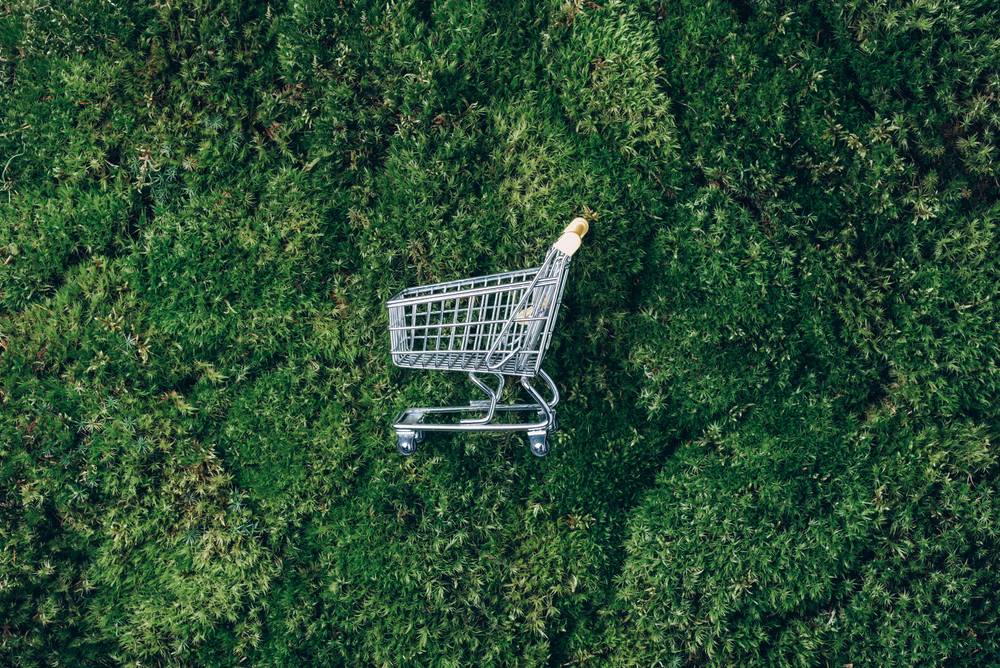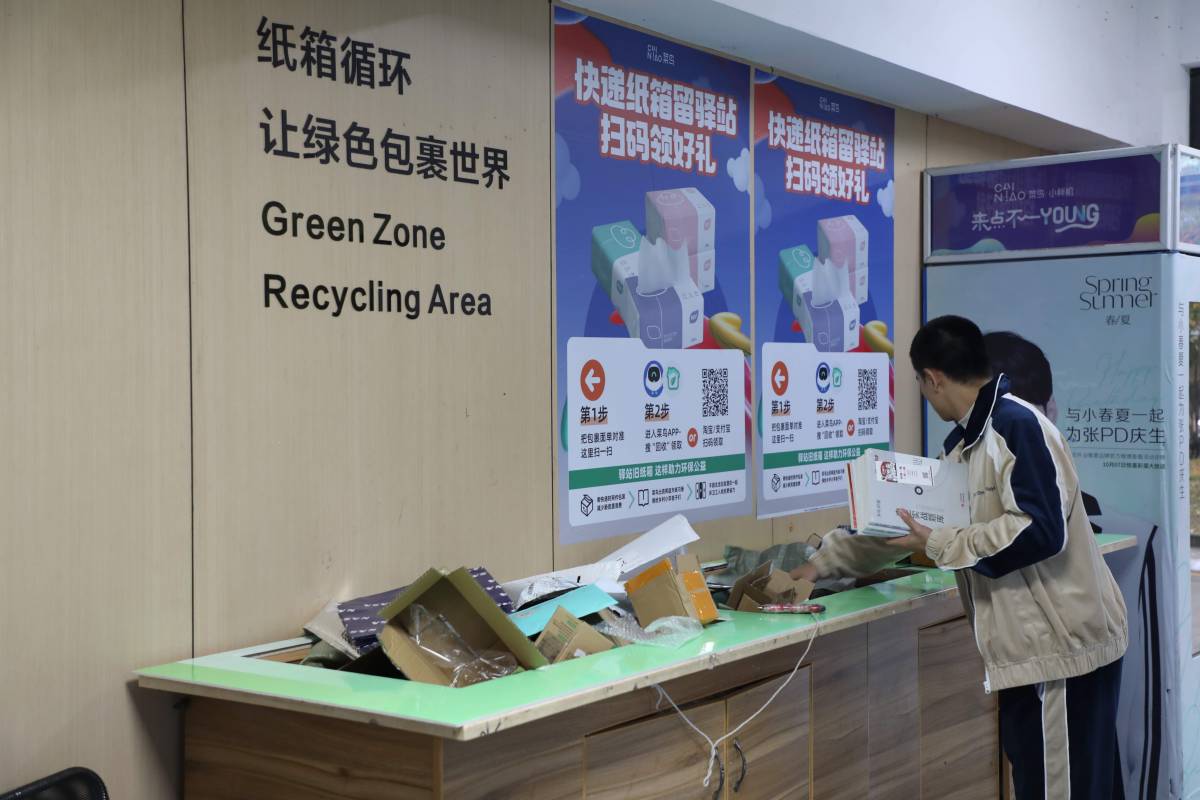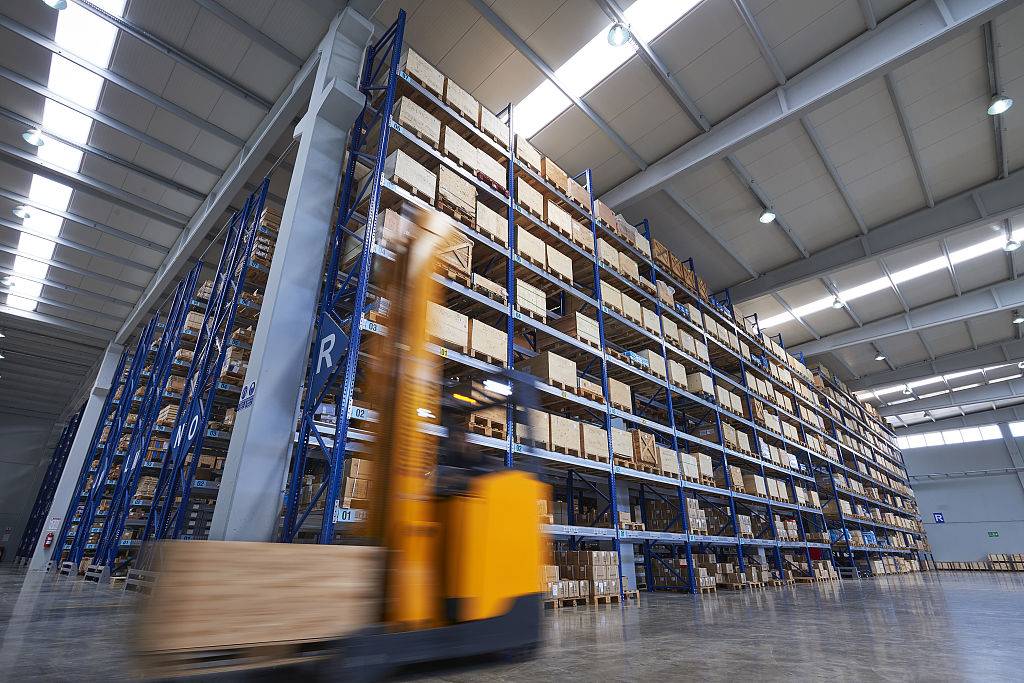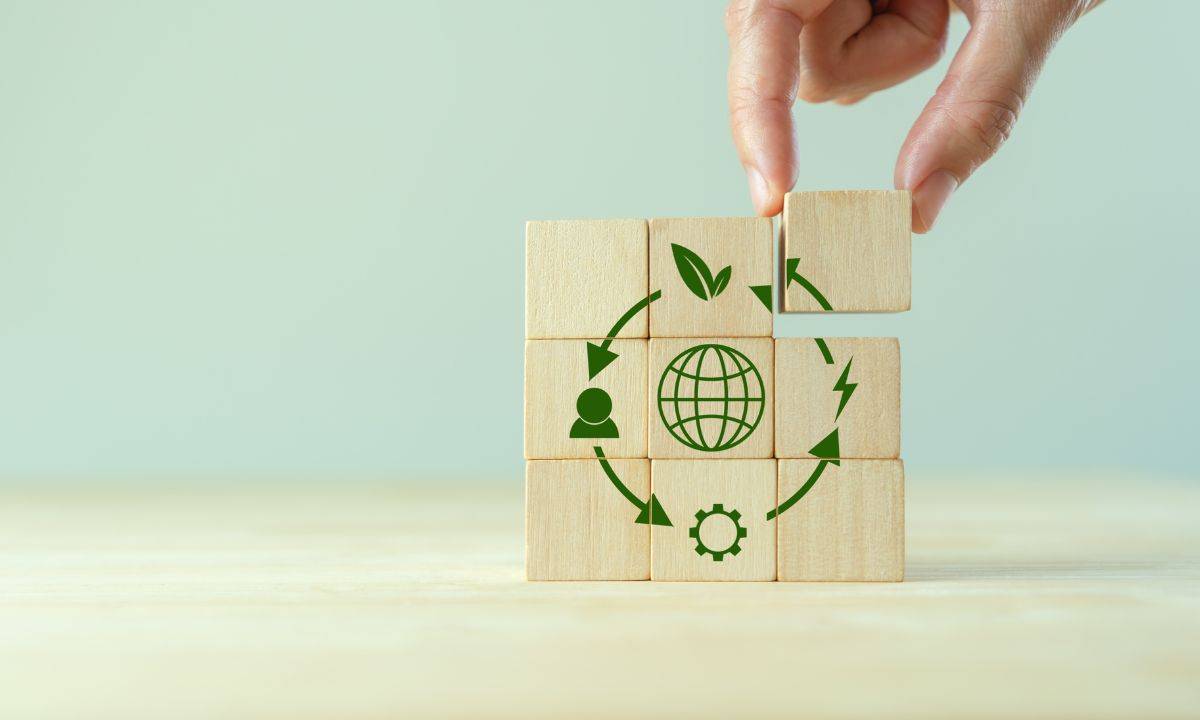
Photo credit: Shutterstock
Alibaba Group is promoting sustainable consumption across its ecosystem during the 11.11 Global Shopping Festival, the world’s largest retail event.
The e-commerce giant aims to reach carbon neutrality by 2030, and this year’s 11.11, also known as Double 11 or Single’s Day in China, brings it a step closer with a variety of eco-friendly products and logistics solutions available for consumers.
“ESG will continue to be a major focus for this year’s 11.11 as we apply technology and innovation to ensure a more efficient, low-impact 11.11 and beyond,” Alibaba Group President Michael Evans told Alizila in an interview.
The 11.11 shopping festival overlaps this year with the 27th United Nations Climate Change Conference, also known as COP27.
COP27 will see tens of thousands of policymakers, scientists and business leaders gather in Egypt to discuss how to protect our most important resource: the environment.
Alibaba has teamed up with merchants and brands to make more sustainable products available to Chinese consumers at a time when they are seeking a more eco-friendly lifestyle.
About 90% of consumers in Asia-Pacific are willing to pay more for sustainable products, but a lack of information and availability are holding them back, according to a survey published earlier this year.
The survey showed 14% of consumers are environmentally and socially conscious in both Asia-Pacific and Europe, more than the 8% in the U.S., said consultancy Bain & Co, who conducted the survey.
“Going green is the new trend representing consumers’ lifestyle,” said Hao Zizi, head of ESG marketing at Alibaba’s B2C e-commerce platform Tmall.
The More You Know
Tmall is educating consumers about the power and convenience of shopping sustainably during 11.11.
The platform has added labels to alert users about low-carbon products in categories like apparel, food, and cosmetics.
“There’s still a huge gap between knowing green products and buying them,” said Tmall’s Hao.
To reward consumers’ green consumption, brands including Procter & Gamble, Haier, ThinkPad, and Yili have co-branded with Tmall to offer free shopping bags made from plastic bottles.
Eco-friendly consumers can earn rewards worth RMB1 million ($140,000) from the platform.
By working with merchants and consumers, Alibaba said it would slash carbon emissions by 1.5 gigatons across its digital ecosystem by 2035, making it the first major platform operator to set such a target.
Green-minded Hungarian brand Nanushka launched on Tmall earlier this year as it believes it’s sustainable luxury fashion will enjoy a warm reception among Chinese consumers.
“It’s shocking, particularly the new generation and even millennials [in China] are highly educated on the topic and are very conscious in their choices,” co-founder and CEO Péter Baldaszti told Alizila in an interview.

Low-Impact Logistics
Alibaba’s logistics arm Cainiao Network is playing a critical role during the 11.11 shopping festival to minimize the group’s carbon footprint. Its efforts have taken an edible twist this year.
Shoppers near roughly 130,000 Cainiao pick-up stations across China may receive a chicken egg for every box they recycle. It’s a win-win: the recycled packaging materials will also be remade into notebooks and stationary for students in China’s rural areas.
“Cainiao has been doing green logistics since 2016 and this year’s 11.11 initiative is stronger and more pick-up stations are involved,” said Li Wuchang, the person in charge of Cainiao’s logistics for this year’s 11.11.
As a veteran 11.11 participant, multinational Procter & Gamble reduces unnecessary packaging and ships products in their containers to consumers.
According to the brand, the initiative helps save around 22,000 kilometers of bubble wrap and 34 million plastic bags by using its own-designed green box.
This article has been updated with quotes from Hao Zizi




